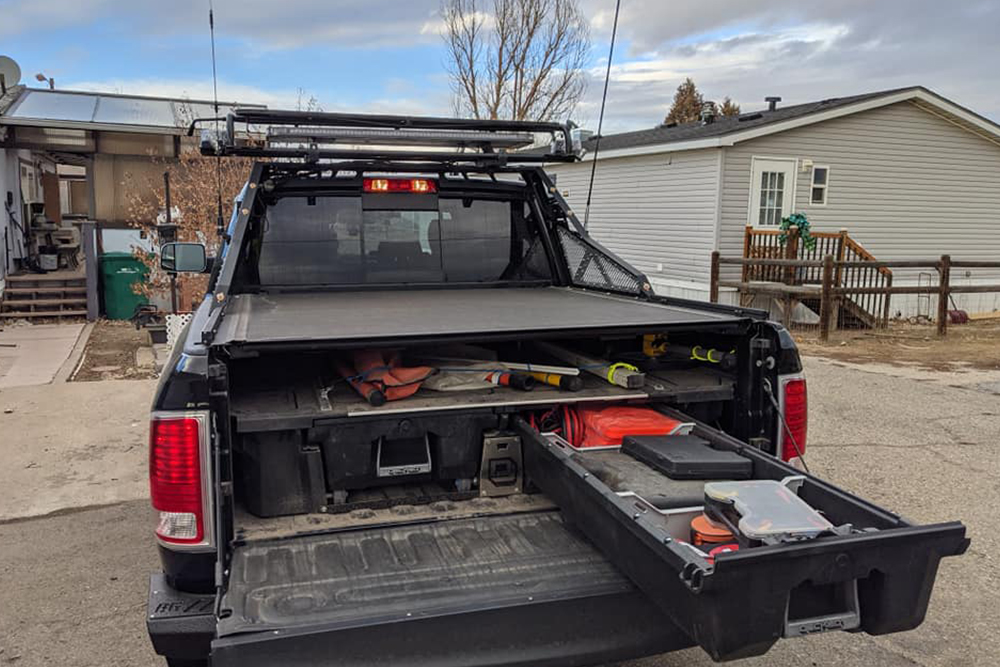Transporting heavy loads such as oversized equipment, large machinery, or modular homes is a complex and challenging task that requires careful planning and execution. In the United States and Canada, the use of pilot cars plays a crucial role in ensuring the safe transportation of these oversized loads on highways and roads. Pilot cars, also known as escort vehicles or flag cars, help to alert and guide motorists around the heavy load convoy, ensuring the safety of both the drivers and the cargo being transported.
Why Pilot Cars are Essential for Heavy Load Transport
1. Ensuring Safety
- Pilot cars serve as an early warning system for motorists approaching an oversized load convoy. They help to alert drivers of the presence of a heavy and slow-moving vehicle ahead, allowing them to adjust their speed and position on the road accordingly.
- By providing a buffer zone between the oversized load and other vehicles, pilot cars help to minimize the risk of accidents such as rear-end collisions or sideswipes.
2. Navigating Challenges
- Transporting heavy and oversized loads presents unique challenges such as navigating sharp turns, low clearance bridges, narrow roads, and overhead obstacles. Pilot cars play a critical role in guiding the oversized load convoy through these challenging sections of the route.
- Pilot car drivers are trained to assess road conditions and potential obstacles ahead of the convoy, allowing them to make real-time decisions to ensure safe passage.
3. Compliance with Regulations
- Both the United States and Canada have regulations in place regarding the transportation of oversized loads, including the use of escort vehicles such as pilot cars. Hiring a pilot car service ensures compliance with these regulations, avoiding potential fines and delays in transportation.
- Pilot cars help to ensure that the oversized load convoy meets the required safety standards and follows the approved route, minimizing the risk of accidents and road closures.
The Responsibilities of Pilot Car Drivers
Pilot car drivers play a crucial role in ensuring the safe transport of heavy loads by performing the following responsibilities:
- Route Planning: Pilot car drivers are responsible for planning the safest and most efficient route for the oversized load convoy, taking into consideration road conditions, traffic patterns, and any potential obstacles.
- Traffic Control: Pilot car drivers help to control traffic around the oversized load convoy, including stopping or slowing down vehicles to create a safe passage for the heavy load.
- Communication: Pilot car drivers maintain communication with the oversized load drivers and relay important information about road conditions, obstacles, and any changes in the route.
- Safety Inspections: Before the transport begins, pilot car drivers conduct safety inspections of the oversized load and ensure that all necessary permits and documentation are in order.
The Impact of Pilot Cars on Heavy Load Transport Efficiency
The use of pilot cars in heavy load transport has a significant impact on the efficiency and safety of the transportation process:
- Reduced Risk: By providing a buffer zone and early warning system for motorists, pilot cars help to reduce the risk of accidents and ensure the safe arrival of the oversized load at its destination.
- Faster Transit Times: Pilot cars help to expedite the transportation process by guiding the oversized load convoy through challenging sections of the route, minimizing delays and ensuring timely delivery.
- Cost-Effectiveness: While hiring pilot car services incurs an additional cost, the efficiency and safety benefits they provide ultimately result in cost savings by avoiding accidents, fines, and delays.
Final Thoughts
In the United States and Canada, the role of pilot cars in ensuring the safe transport of heavy loads cannot be overstated. By serving as escorts and guides for oversized load convoys, pilot cars play a crucial role in minimizing risks, navigating challenges, and ensuring compliance with regulations. Transport companies and drivers involved in heavy load transport should recognize the importance of pilot cars in maintaining safety, efficiency, and compliance throughout the transportation process.

